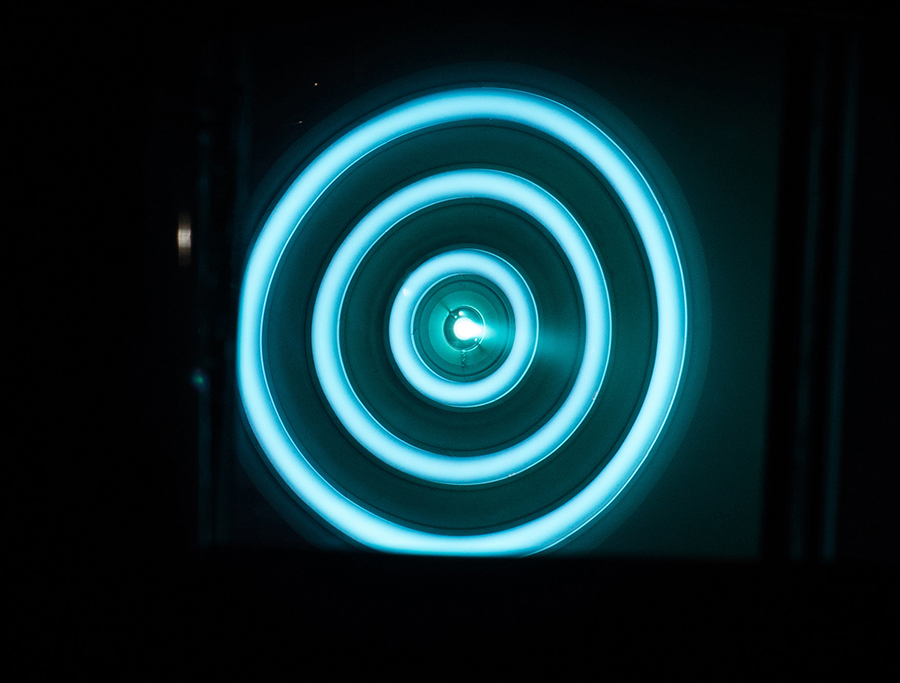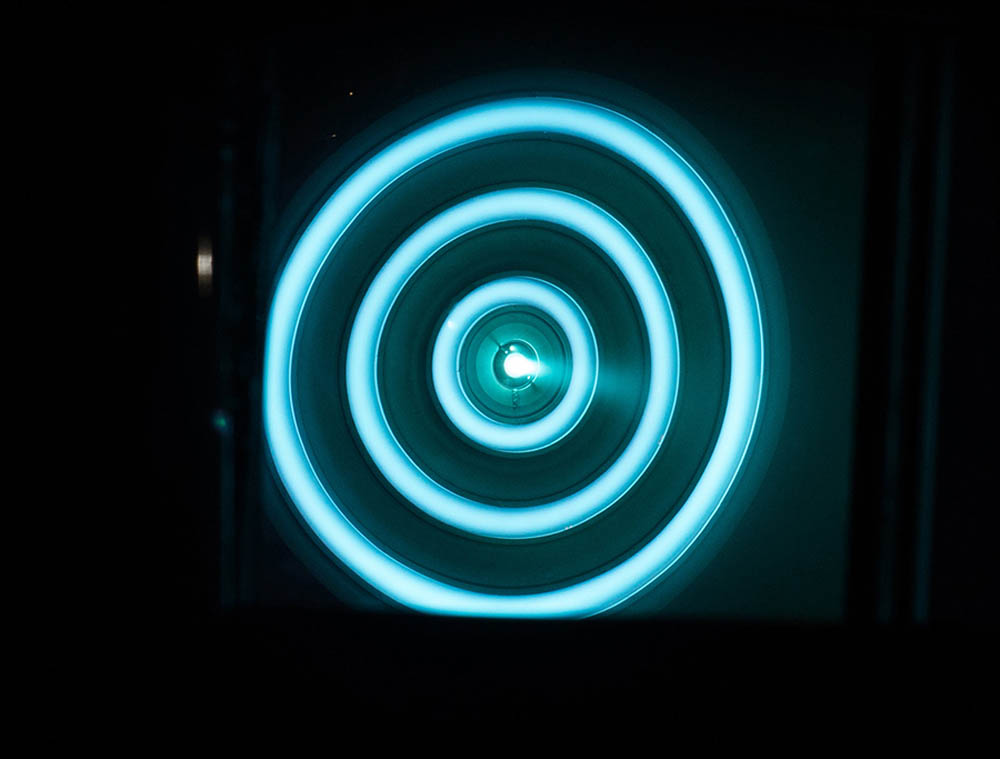This new rocket thruster could revolutionize space travel
This is really cool

A free daily email with the biggest news stories of the day – and the best features from TheWeek.com
You are now subscribed
Your newsletter sign-up was successful
NASA thinks it can get people to Mars a little faster, said Tereza Pultarova at Space. A group of researchers at the University of Michigan, working with NASA, have developed a new ion-based thruster that could propel humans to the Red Planet "at much greater speeds than chemical-propulsion rockets can." The X3 thruster uses electricity, "usually generated by solar panels, to expel plasma — a gas-like cloud of charged particles — out a nozzle" to generate thrust.

This technique helps rockets go faster: The maximum velocity that can be achieved by a chemical rocket is about 5 kilometers per second, whereas the X3 could get a craft up to 40 kilometers per second — while also using less propellant. "You can think of electric propulsion as having 10 times the miles per gallon compared with chemical propulsion," said Alec Gallimore, leader of the X3 project.
A free daily email with the biggest news stories of the day – and the best features from TheWeek.com
The Week
Escape your echo chamber. Get the facts behind the news, plus analysis from multiple perspectives.

Sign up for The Week's Free Newsletters
From our morning news briefing to a weekly Good News Newsletter, get the best of The Week delivered directly to your inbox.
From our morning news briefing to a weekly Good News Newsletter, get the best of The Week delivered directly to your inbox.
-
 Local elections 2026: where are they and who is expected to win?
Local elections 2026: where are they and who is expected to win?The Explainer Labour is braced for heavy losses and U-turn on postponing some council elections hasn’t helped the party’s prospects
-
 6 of the world’s most accessible destinations
6 of the world’s most accessible destinationsThe Week Recommends Experience all of Berlin, Singapore and Sydney
-
 How the FCC’s ‘equal time’ rule works
How the FCC’s ‘equal time’ rule worksIn the Spotlight The law is at the heart of the Colbert-CBS conflict